It was 45 years ago when Jimmy Carter, then-president of the United States, received a call at the White House from his science adviser asking if he would be open to 5,000 Chinese students coming to the U.S. to study. Carter said he would welcome 10,000.
The call by Edward Prescott to Carter was on behalf of the then Chinese vice-premier Deng Xiaoping.
On Jan 28, 1979, Deng, who designed and led China's reform and opening-up, began a nine-day visit to the U.S..
Carter welcomed him at the White House the next day, and when the Chinese flag was raised, 52 Chinese students were standing on U.S. soil witnessing the historic moment alongside Deng. One month later eight U.S. students went to Beijing.
The Chinese students went to the U.S. to study even before the bilateral diplomatic relationship was established on Jan 1, 1979.
On Jan 31, 1979, Deng was made an honorary doctor of law by Temple University in Philadelphia at Blair House in Washington.
Last Wednesday night the Chinese consulate in New York, reflecting on the past and looking to the future, commemorated the 45th anniversary of the award.
China's Consul General in New York Huang Ping said Temple has been the front-runner in educational collaboration with China, and as President Xi Jinping remarked in San Francisco in November on inviting 50,000 U.S. youth to China, the country has established a Youth Envoy Scholarship that encourages students to visit and study in China in the near future.
The degree to Deng was conferred by Temple University president Marvin Wachman. It was the sole academic degree Deng received in his lifetime.
Wachman referred to his university as the "People's University of Philadelphia" and said it was an honor to award the degree to the Chinese leader.
"We are hopeful that the immediate years ahead will see a continuing, fruitful exchange of people and ideas between our two countries," he said.
After accepting the degree, Deng said, "This is not only a personal honor, but an expression of friendship and respect from the people of the United States to the people of China.
"We will pay special attention to strengthening our economic, cultural and scientific and technological exchanges with the U.S.."
Wachman said the university and Deng had many common values.
Temple has tried to provide not only the opportunity to learn, but also to practice what is learned, he said, which followed what Deng urged, "to seek truth from facts" and "to make practice the sole criterion truth".
In 1998 the then president of Temple Peter Liacouras was invited to Beijing, which was rare for people other than foreign diplomats.
The Beasley School of Law at Temple, well-known for its strong trial advocacy program, established a master of laws program at the China University of Politics and Law in Beijing as the result of high-level exchanges. In 1999 it became the first legal education program to be approved by China's Education Ministry and the Office of the State Council Academic Degrees Committee.
The program has partnered with Tsinghua University in Beijing and has been operating successfully there. By last year there were more than 900 program graduates throughout China working in the legal system or for big-name law firms.
"It was an incredibly exciting opportunity," said Eleanor Myers, a professor who taught in China in the summers of 2007 and 2009. "I didn't know anything about China. The students were very excited to learn American-style trial skills.
"It was an opportunity for a lot of faculty members in the United States to learn something about a completely new legal system and from their students.
"I really started to think about America in a different way. You get a different perspective on your own culture."
More and more U.S. universities are also expanding their network in the Chinese mainland and deepening educational exchange between Chinese and foreign students.
'All blossoms to fill Earth'
"It's a tremendous number, and really speaks to our joint efforts together," said Gregory Mandel, senior vice-president, provost and professor of law at Temple. "We want all blossoms to fill the Earth, and it's a beautiful illusion in praise of having students around the globe. As educators we take great pride in developing connections and building those relationships."
Deng has always impressed him, Mandel said. "I'm deeply proud of our legacy in China. … Our strong collaborations in China remain a fundamental part of our university mission."
John Smagula, assistant dean of Temple University School of Law, said, "We're already starting to think, well, we want to do a study tour, so we can maybe arrange 50 to 100 Temple students, junior staff and junior faculty to get together.
"Chinese students coming (to the U.S.) is only half of that. We need to have Americans going (to China) to see. And as a university, we play an important role in that area."
Education can reduce the distance between China and the U.S., he said.
"People-to-people in higher educational exchange is a fundamental part of diplomatic relations, and any student who studies in China is a diplomat."









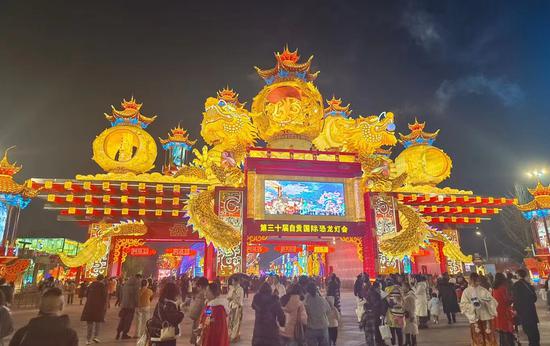
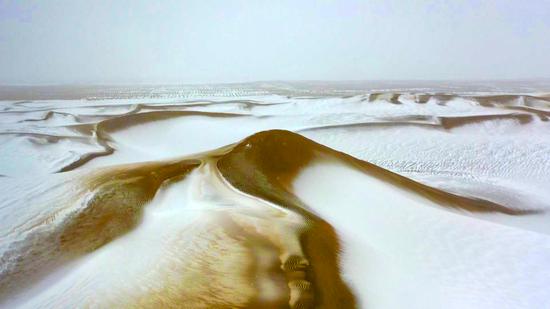
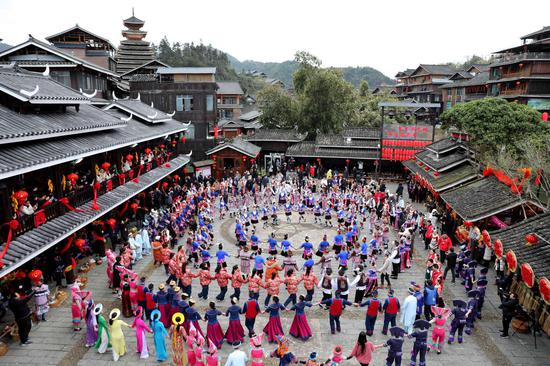
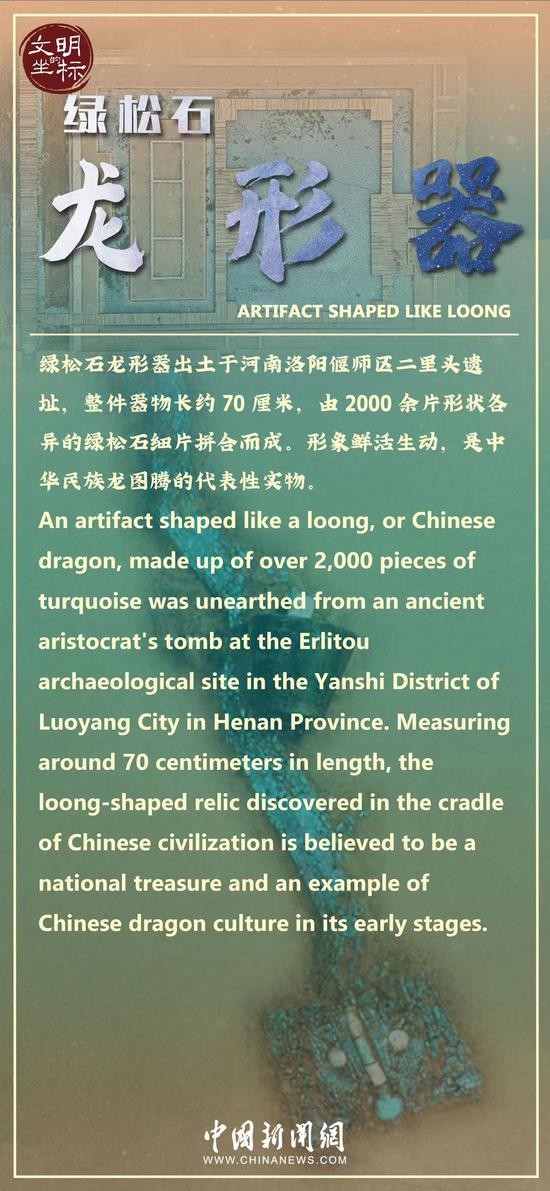
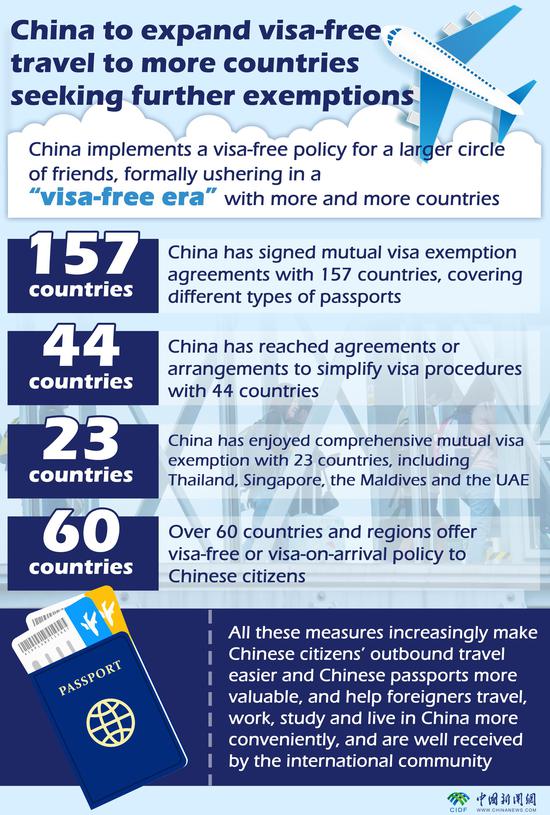
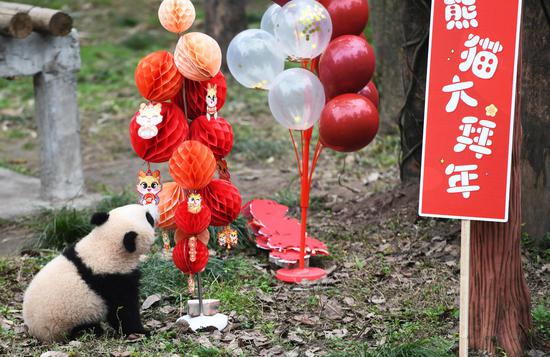
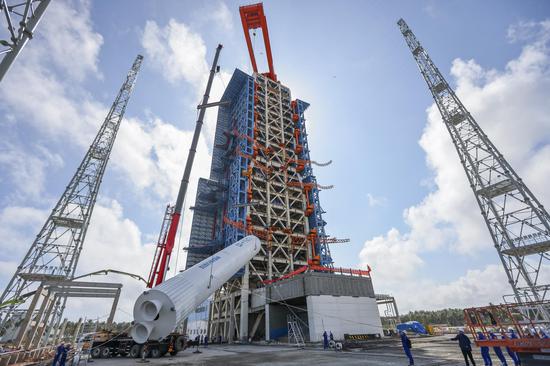
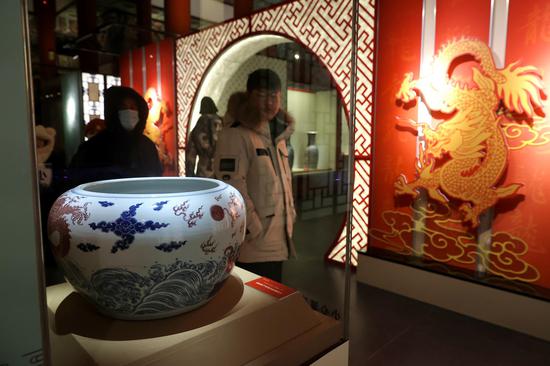

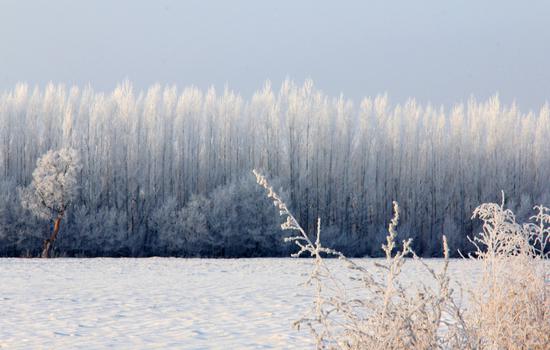
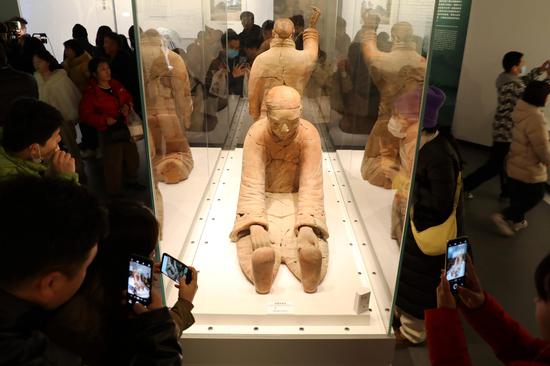

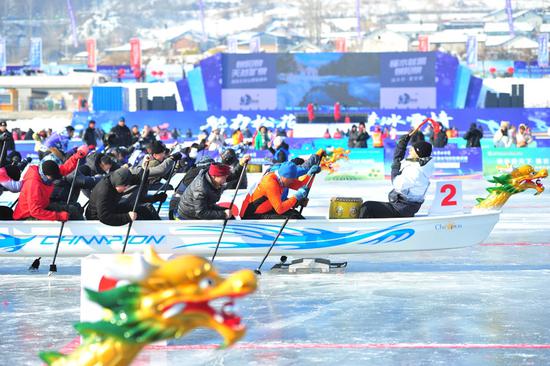
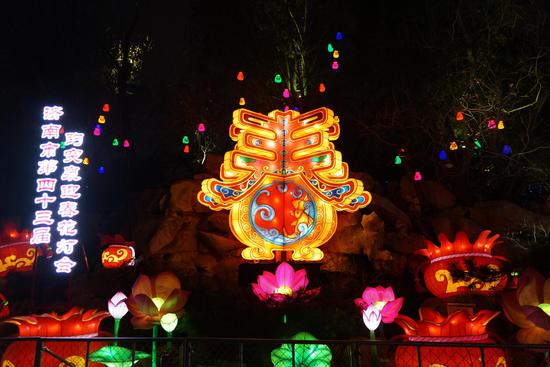
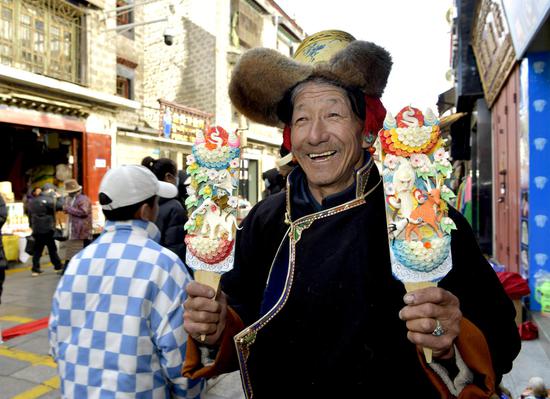
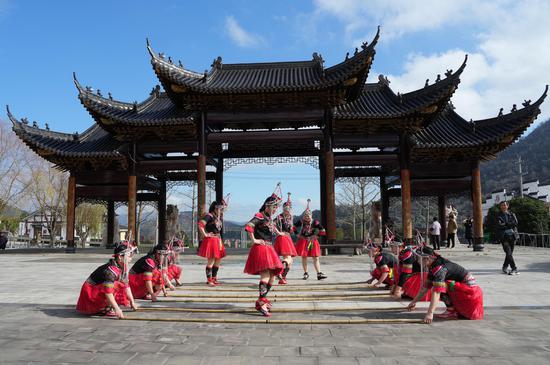
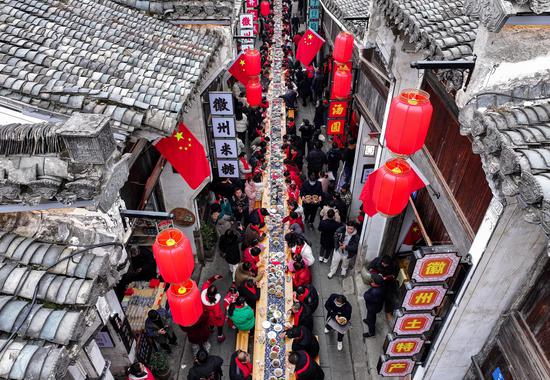

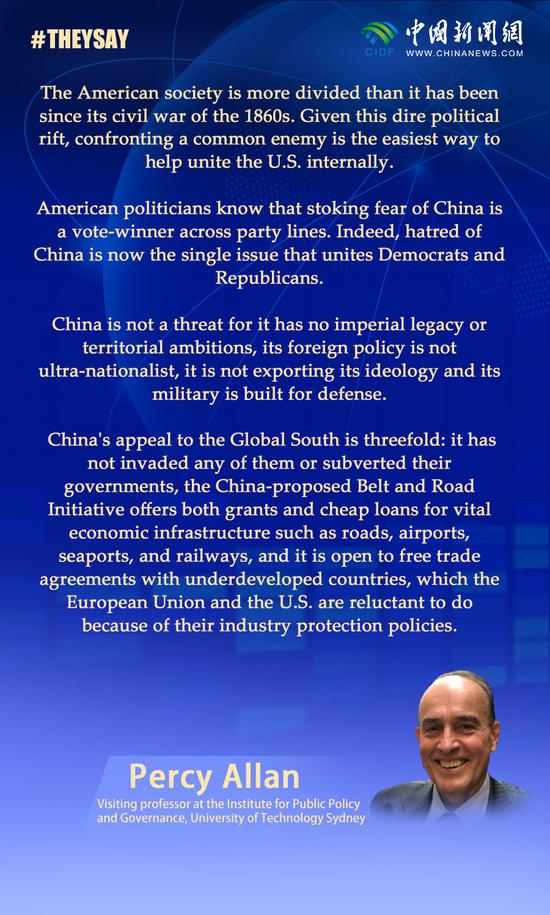
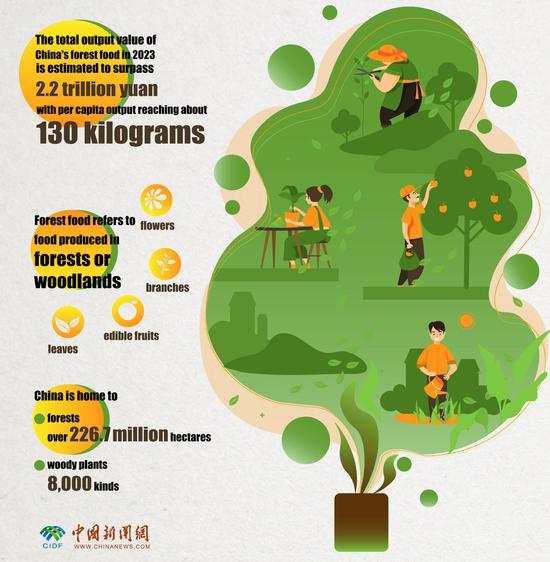
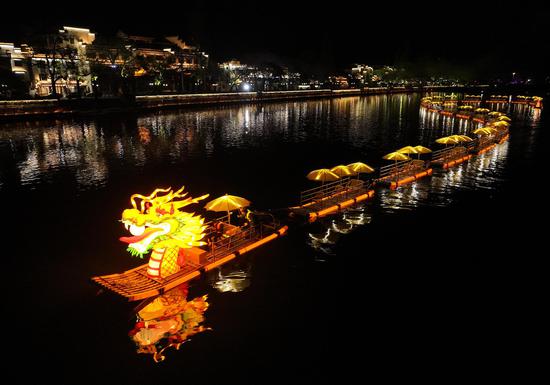
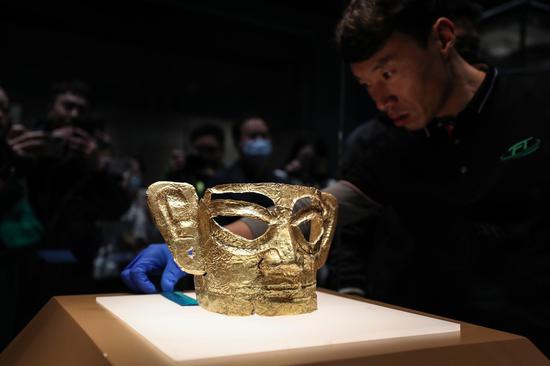


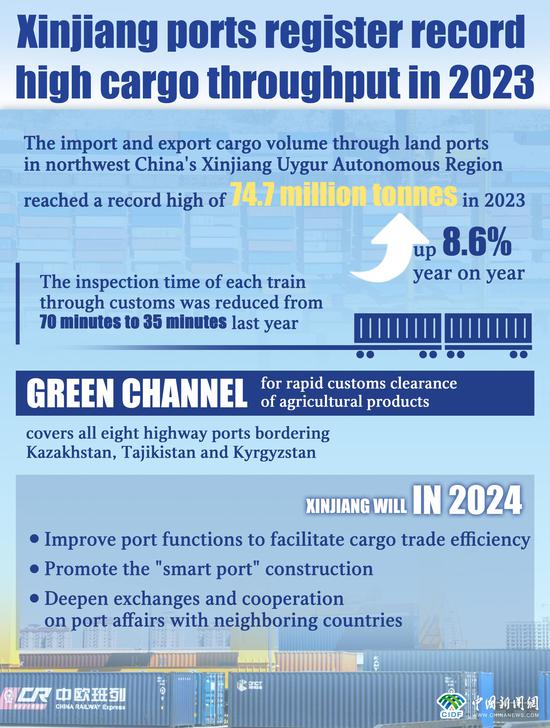
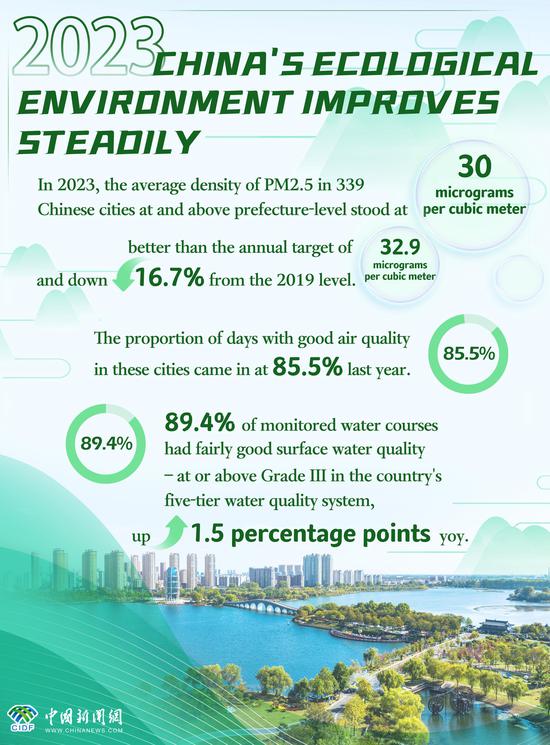
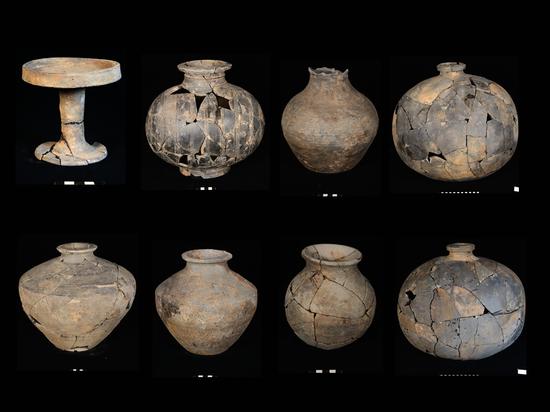
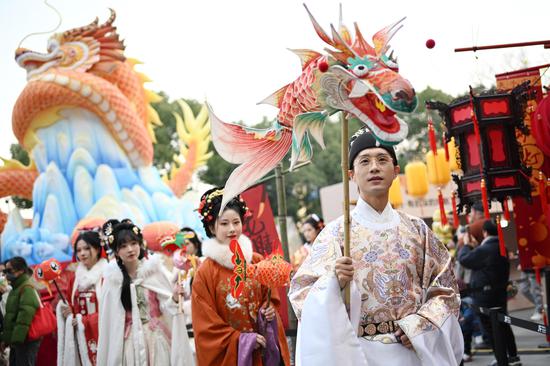
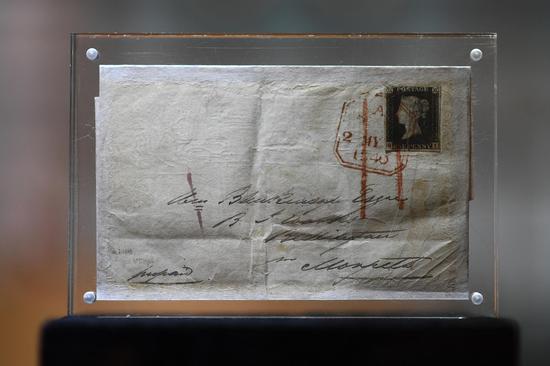
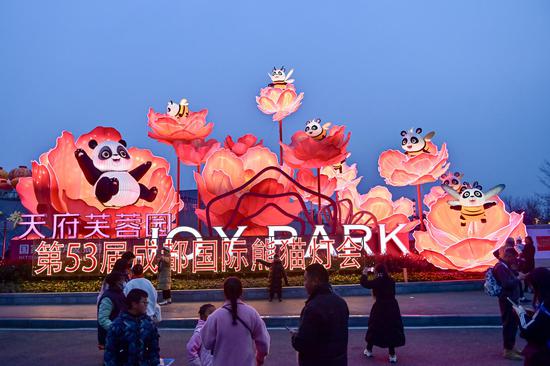
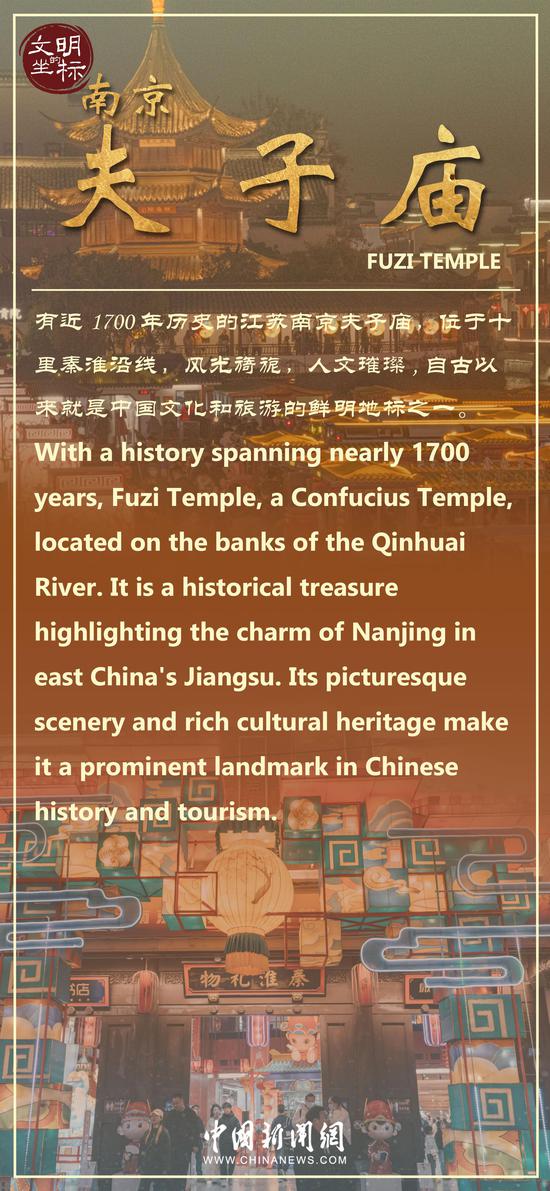
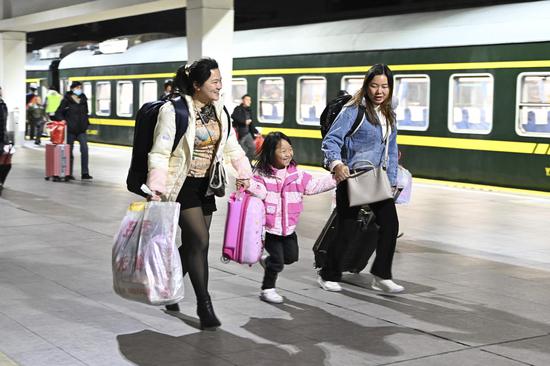
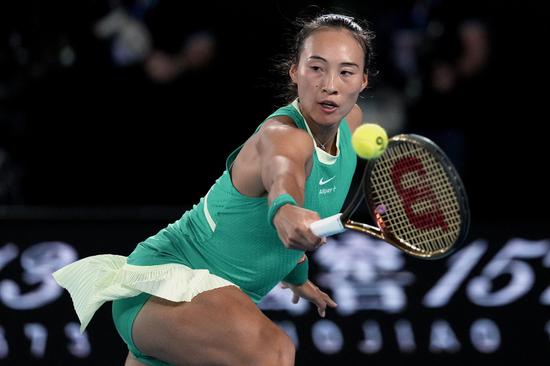
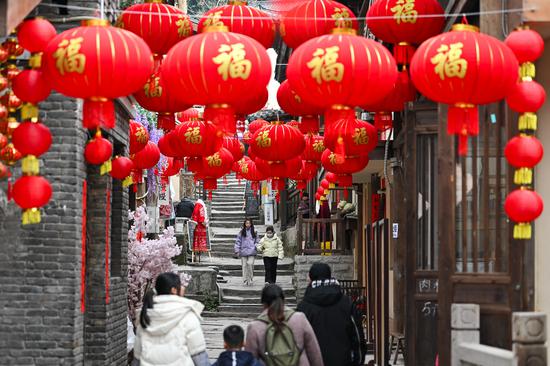

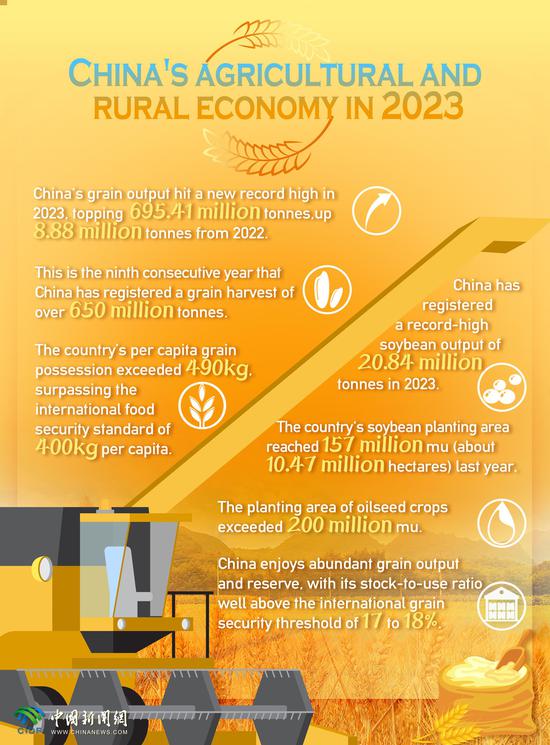





 京公網安備 11010202009201號
京公網安備 11010202009201號